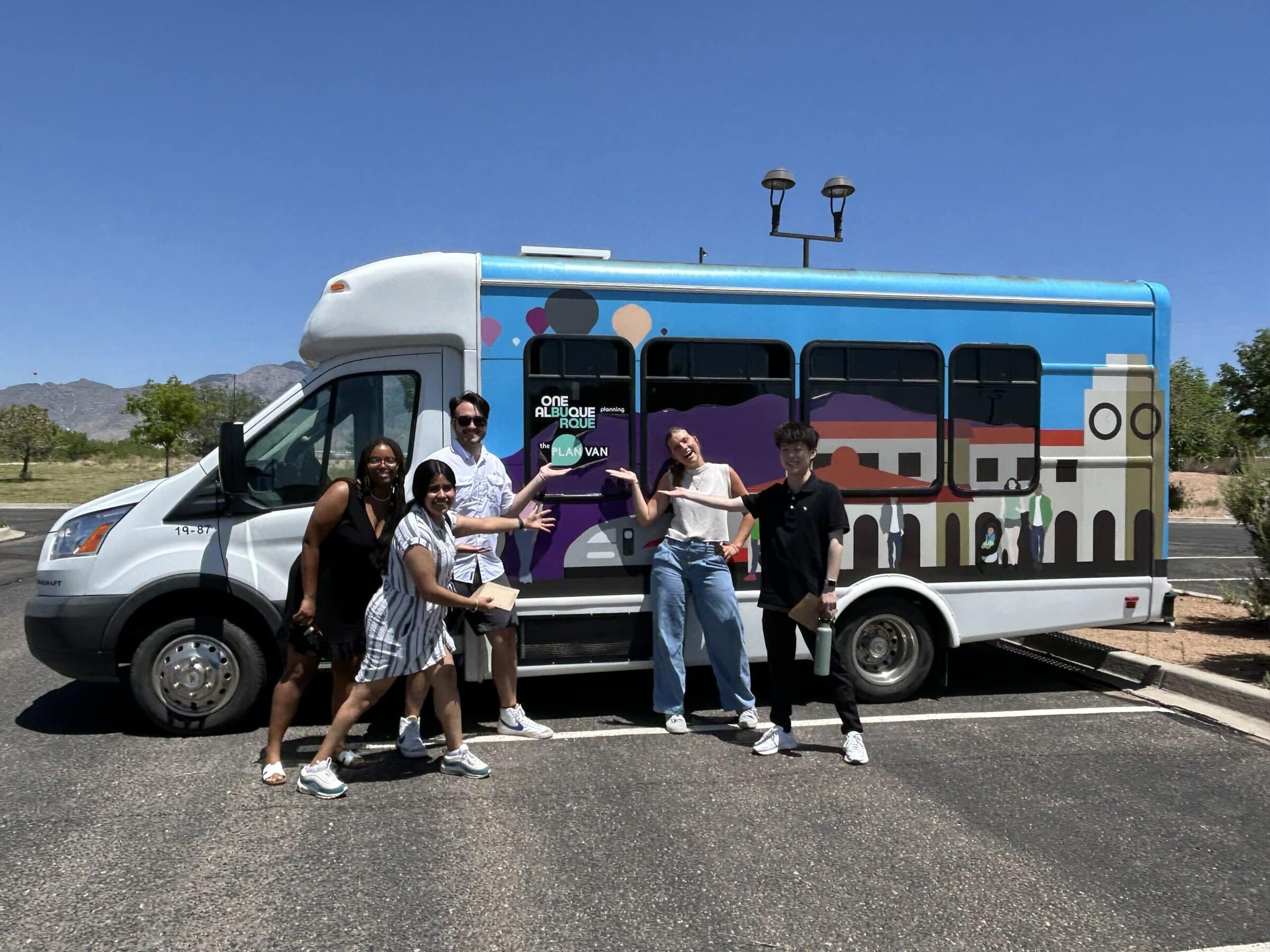What Is It?
After a summer spent in self-discovery, scholars in their second summer turn their focus to outward impact. Civic Collaboration places teams of four to five scholars at the center of public, private, and governmental issues in some of North America’s most vibrant cities.
Why Civic Collaboration?
This is a great opportunity for scholars to tackle real-world problems and work as an independent team to identify real-world solutions. The experience reflects the concept that those who have been given much have the responsibility to give something in return.
What Have Scholars Done?
Scholar teams work to learn as much as they can about their host organization’s community challenges—from interviewing community members to attending city council meetings and more. Each team designs a deliverable that supports and expands the work of their host organization.
Scholars come away from this eight-week experience with an enhanced understanding of the connections between a city’s economic, cultural, governmental, educational, political, and historical systems, and the ways that individuals are creating change through them. Examples of previous Civic Collaboration projects include:
- Community policing in Albuquerque, New Mexico (with the Office of the Mayor of Albuquerque)
- Economic mobility in Cleveland, Ohio (with Policy Bridge)
- Improving healthcare in Bentonville, Arkansas (with Whole Health Institute and Alice Walton School of Medicine)
- Increasing accessibility in Toronto, Ontario (with Evergreen Brick Works)
- Supporting immigrant communities in Louisville, Kentucky (with the City of Louisville’s Office for Globalization)
“My Civic Collaboration summer has better equipped me with the skills that will allow me to make genuine and impactful change.
Meeting people from diverse backgrounds and learning about their journeys has opened my eyes to issues I wasn’t aware of before.”
Wehazit Mussie ’26

The Third Summer: Global Perspective
Scholars travel around the globe during their third summer to dig into an area of personal interest—academic or professional. Global Perspective is an opportunity for scholars to gain significant international experiences and deepen their understanding of the world.
